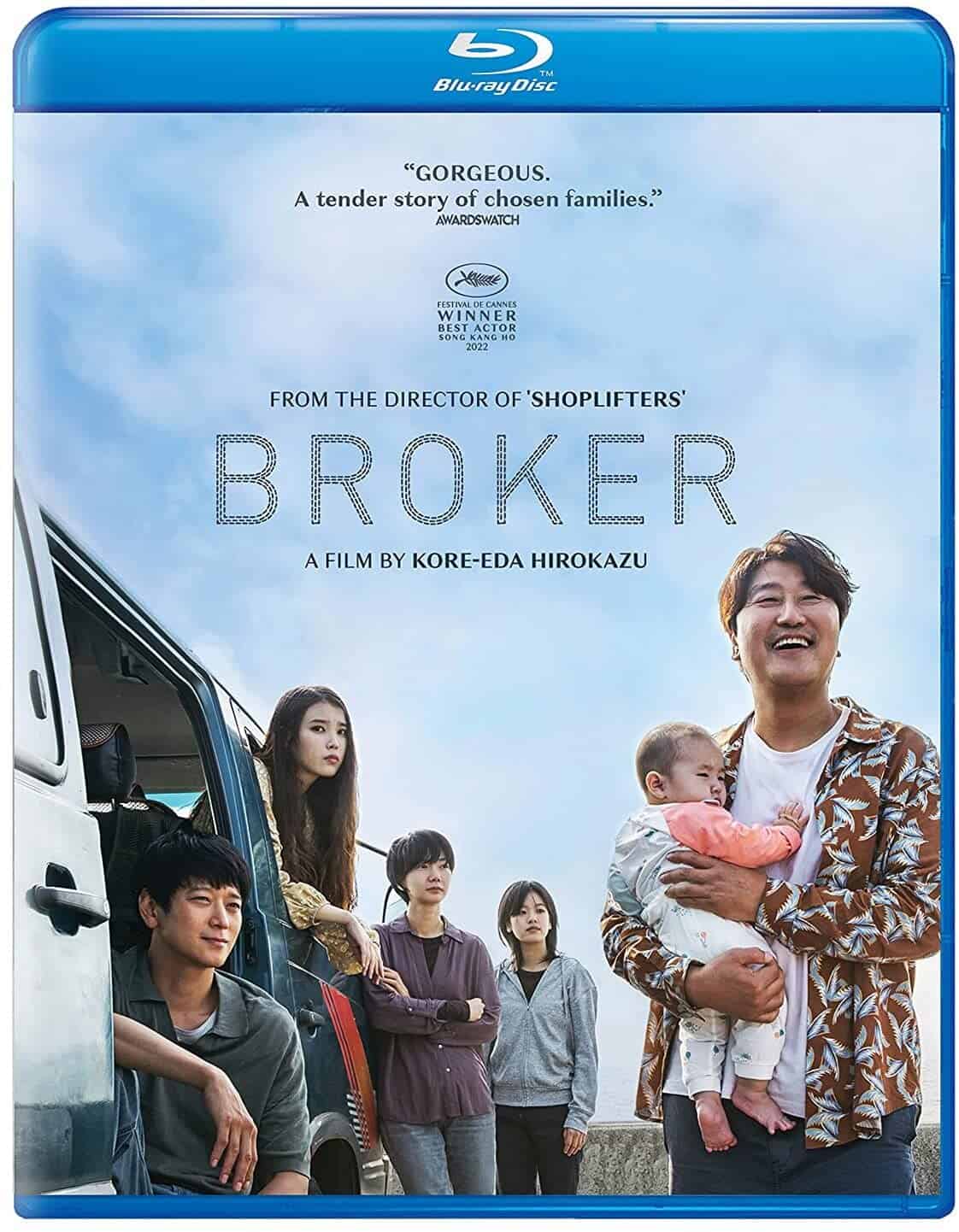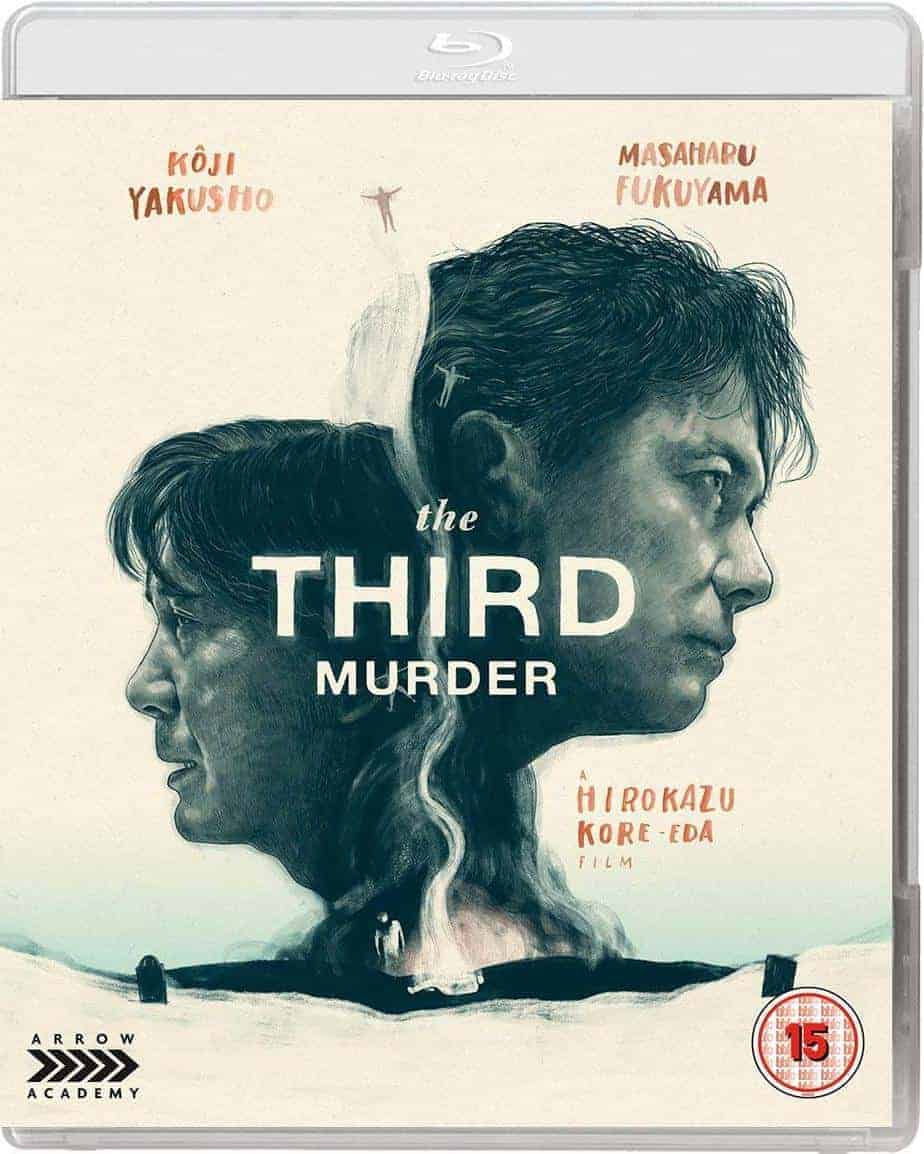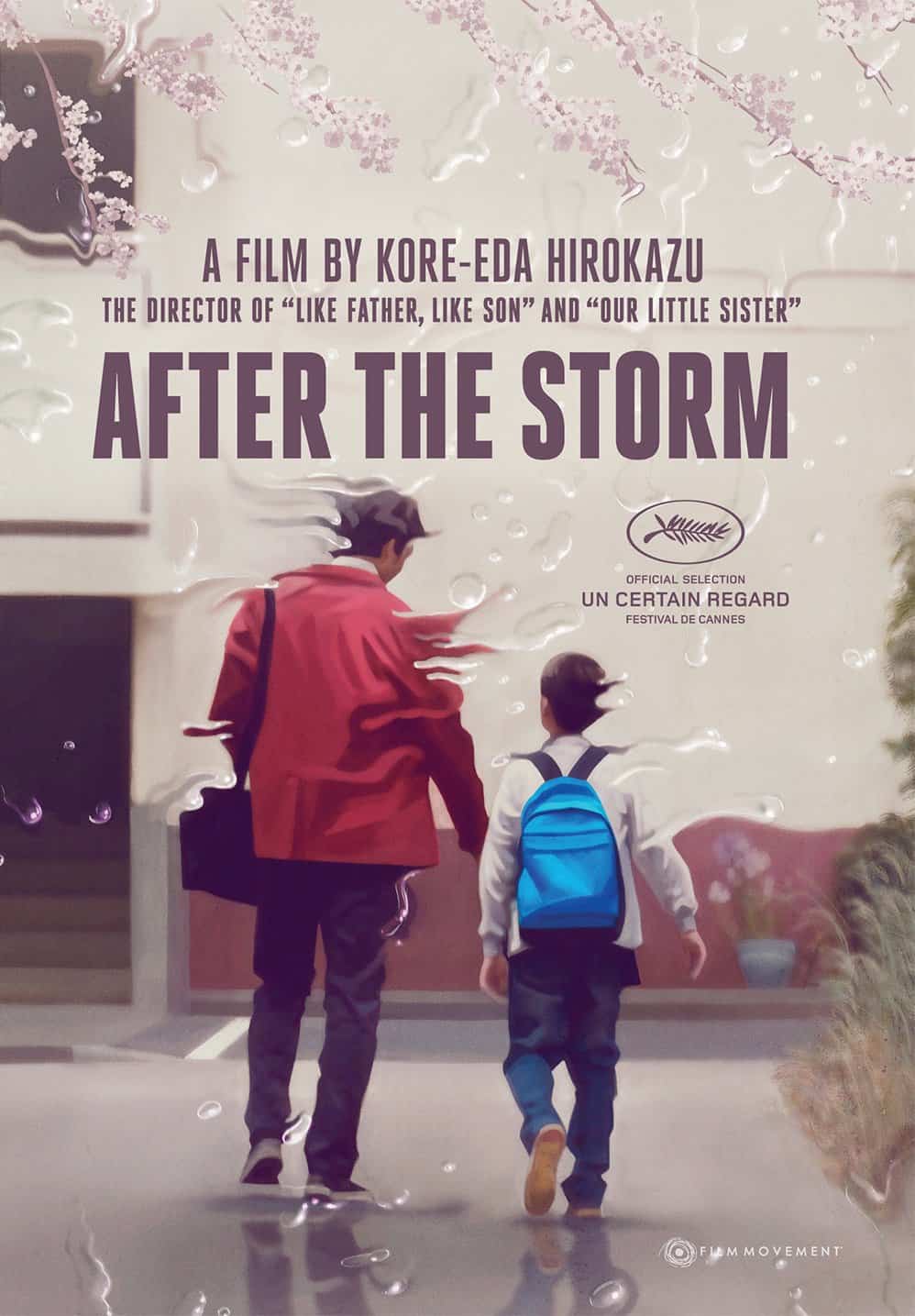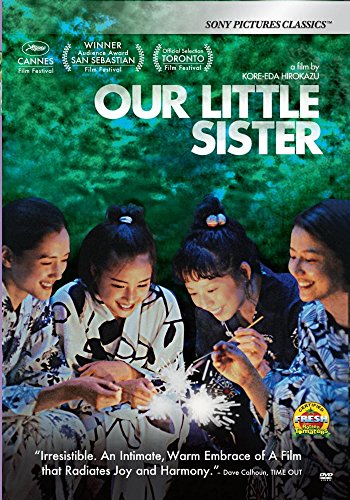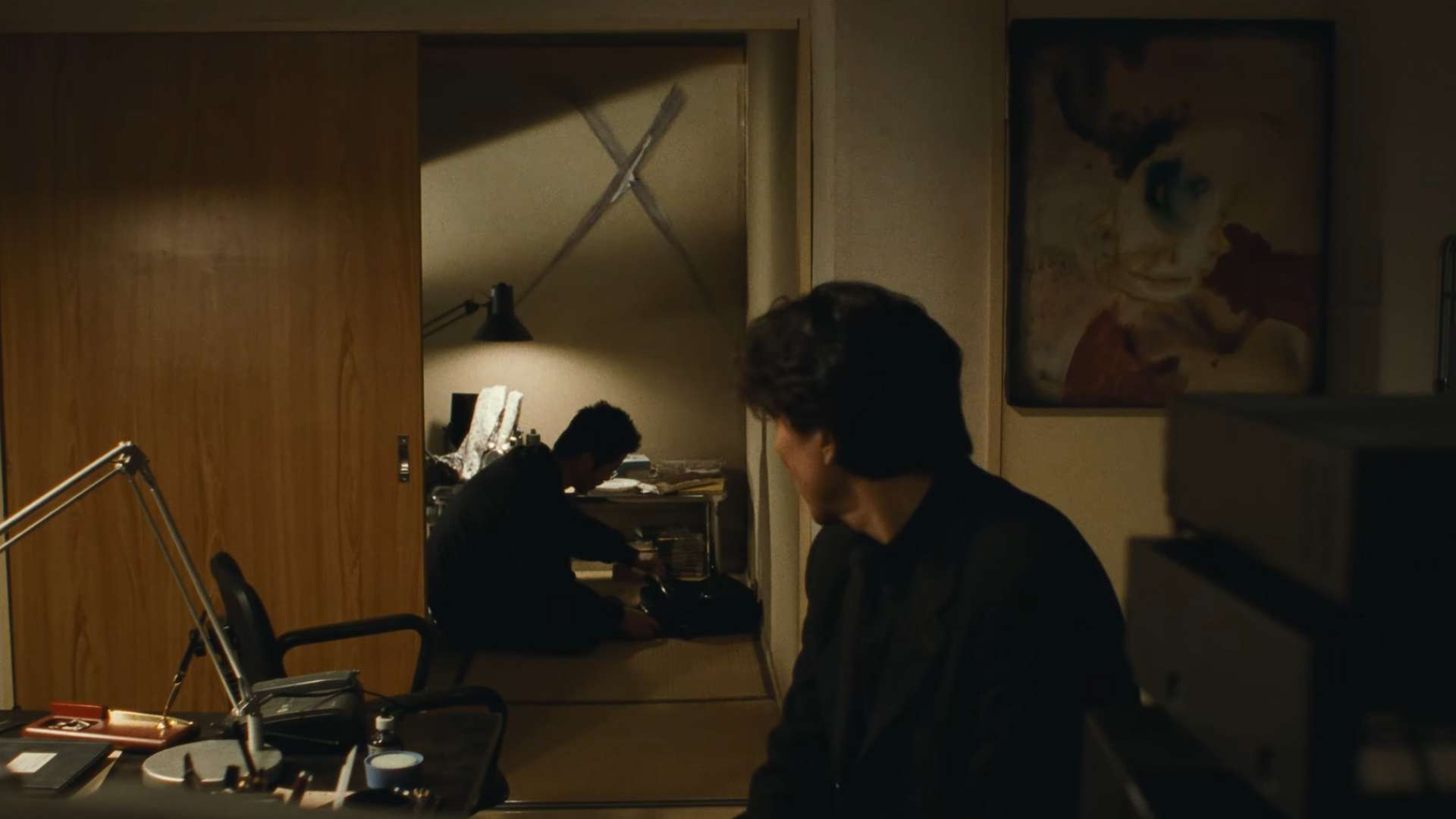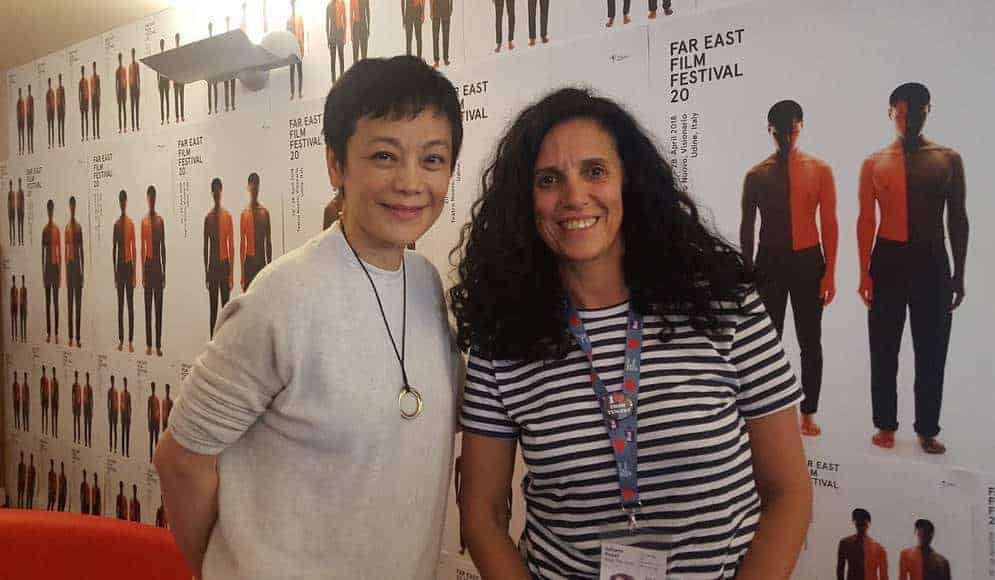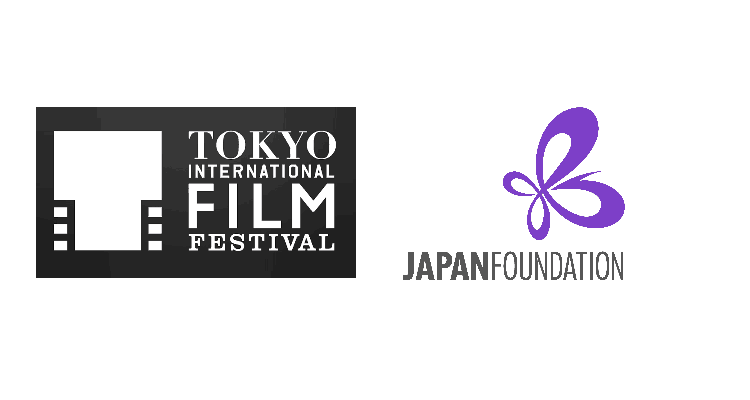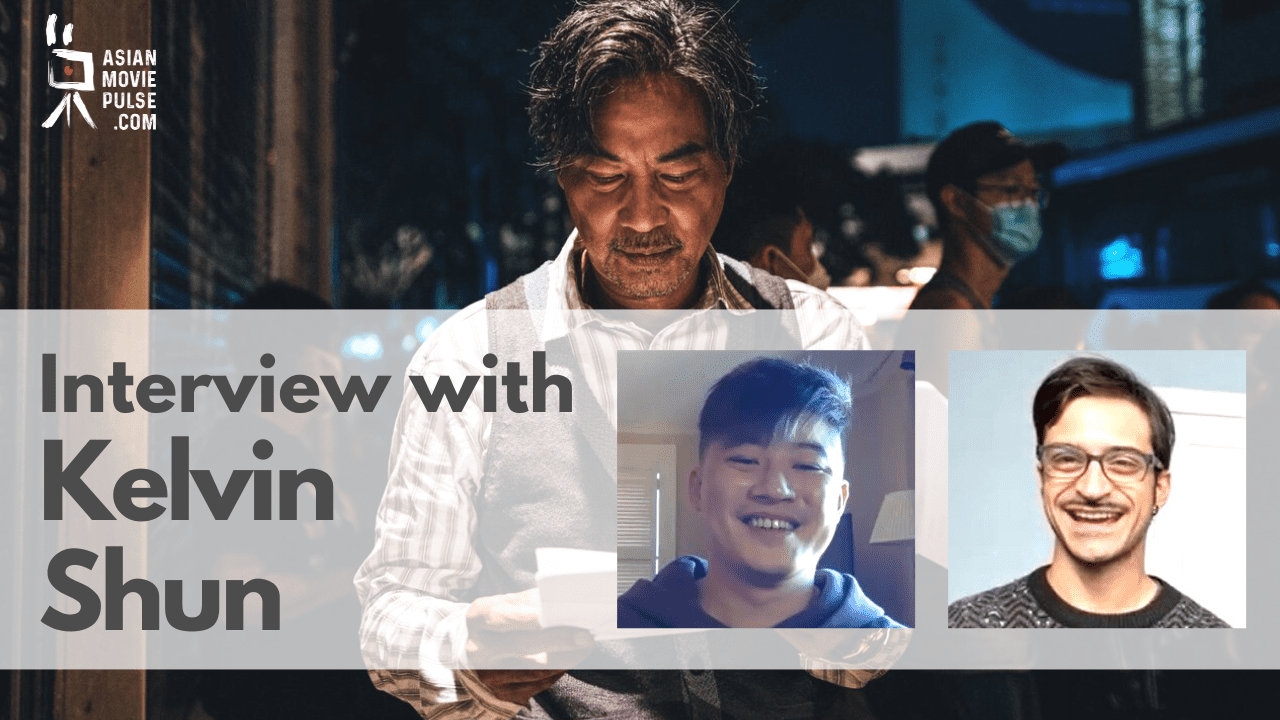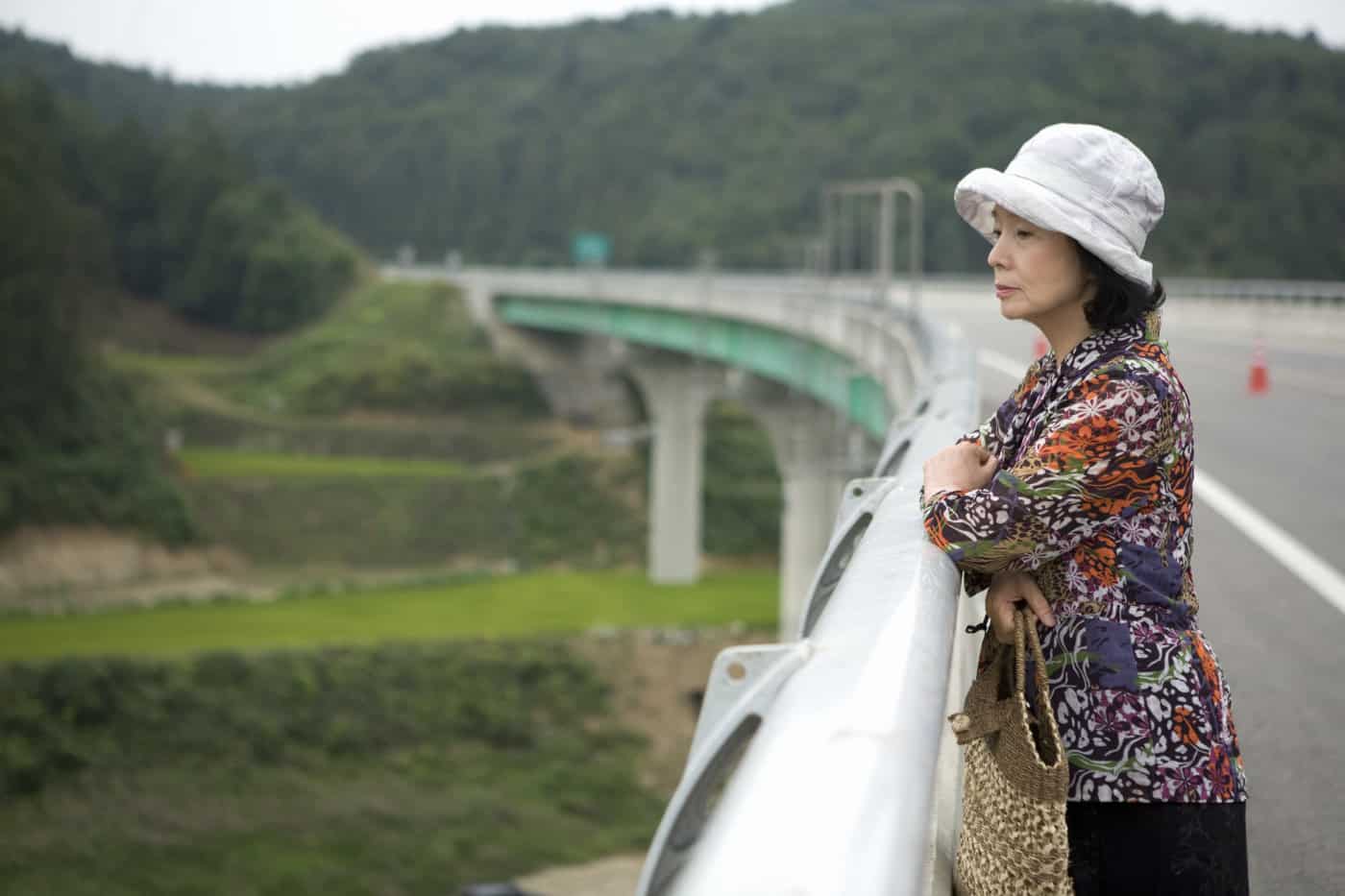Considering the ignorant comments we read throughout the web (to say the least) after the release of “Monster”, we decided to take a vote regarding the ranking of the movies of the Japanese, in order to come up with an informed ‘top 16'. The only condition was for the people who vote to have watched at least 10 films by the director, which resulted in the following AMP members voting: Panos Kotzathanasis, Rouven Linnarz, Andrew Thayne, Tobiasz Dunin, Sean Barry, Adriana Rosati and Lukasz Mankowski. The result, which includes his 16 fiction features but not his documentaries, is as follows.
16. Distance (2001)

Koreeda directs a film filled with subtle melancholy, as he tries to present the reasons people join cults and commit horrendous attacks. Through flashbacks and dialogue, he depicts the alienation and emotional isolation the perpetrators had from their families as they succumbed to the cult's dogma. However, his efforts do not prove very fruitful, as, by the end of the film, no clear reasoning is revealed in order to put some sort of anchor to the movie, to the point that Koreeda had to introduce an out-of-place melodramatic twist near the ending. In that fashion, the film is beautiful and well shot, but its point remains elusive. (Panos Kotzathanasis)
15. Hana (2006)
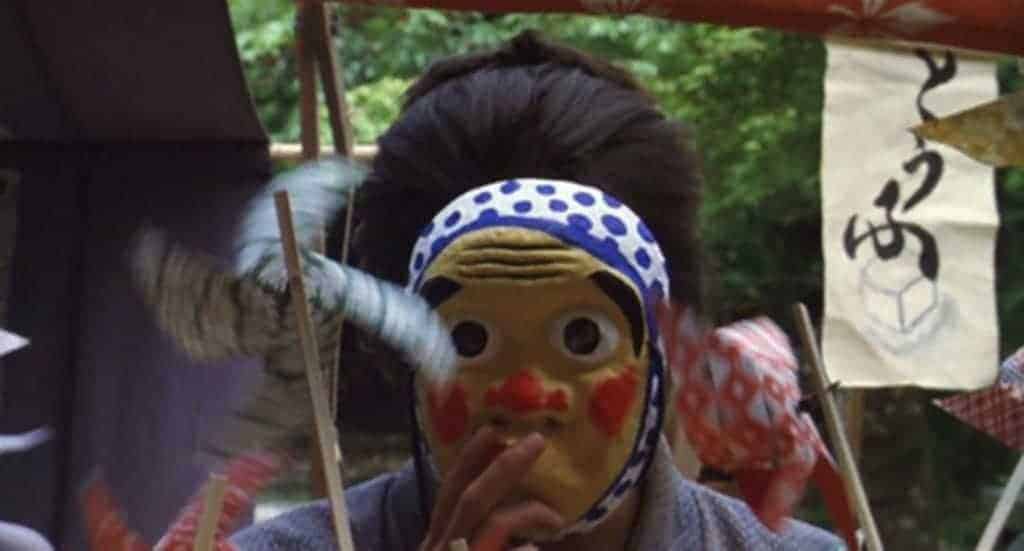
This is a much more mainstream style of filmmaking from Koreeda, feeling almost like a TV movie. He uses traits you'd expect to find in a typical samurai film, with comedy throughout as light relief. There is also the use of Kurosawa-esque wipes between scenes, as Koreeda experiments with various elements not typically associated with him. (Andrew Thayne)
14. The Truth (2019)
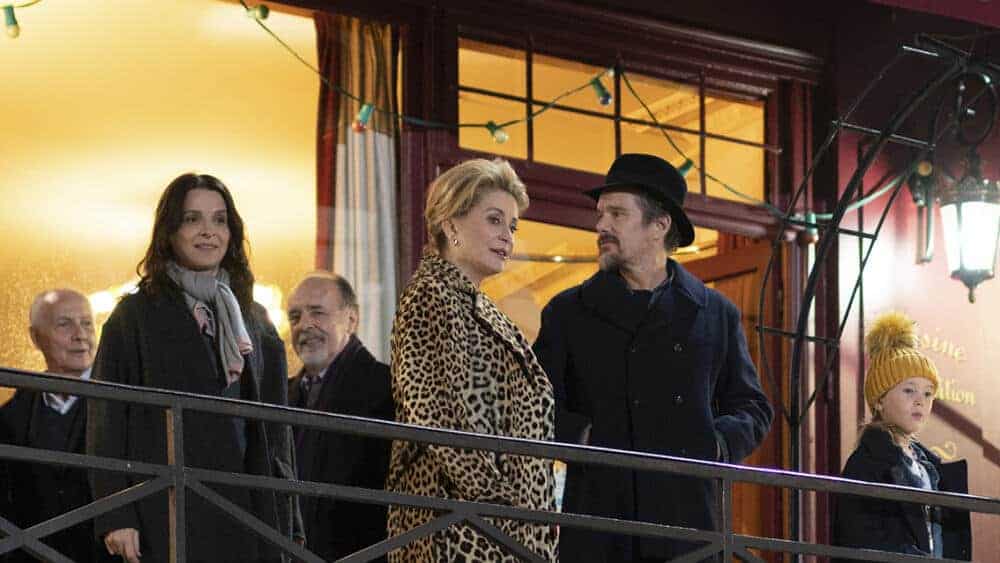
Unlike Koreeda's Japanese films, originality is not exactly the name of the game here, since this plot summary looks pretty much like any standard-issue French bourgeois family drama. Sure, family secrets and dealing with them kinda runs through all of his opus, but the setting, the approach and everything else feels like something from another world. That world is obviously a bit strange to Kore-eda, so he insists on things he has probably seen in a number of French films, like gatherings, house visits and shared meals, attempts at humour that are more charming than actually funny (except when he goes meta at several moments) and a dash of melodrama. (Marko Stojiljković)
13. Air Doll (2009)
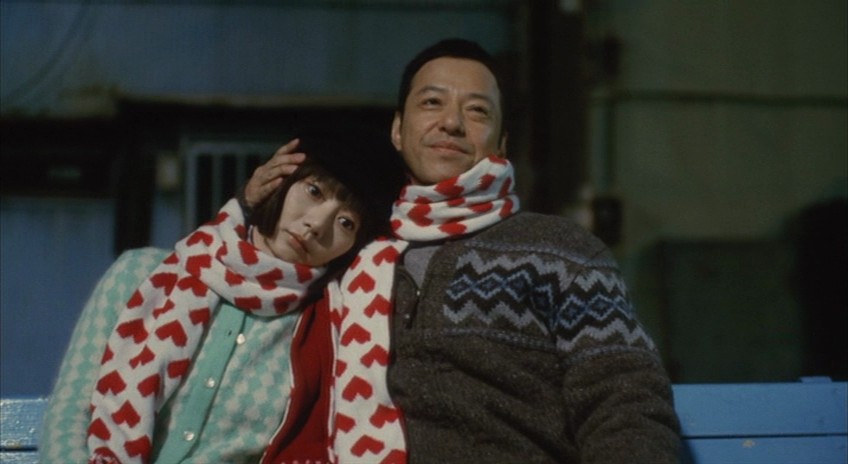
The film is based on the manga series “Kuuki Ningyo” by Yoshiie Goda. Hirokazu Koreeda directs a very dramatic film that focuses on loneliness through a highly surreal script. The film is a little longer than it should be, since he seems to linger at times. However, Korean actress Bae Doo-na gives a wonderful performance as Nozomi, conveying the unprecedented feelings of the air doll with elaborateness. (Panos Kotzathanasis)
12. Broker (2022)
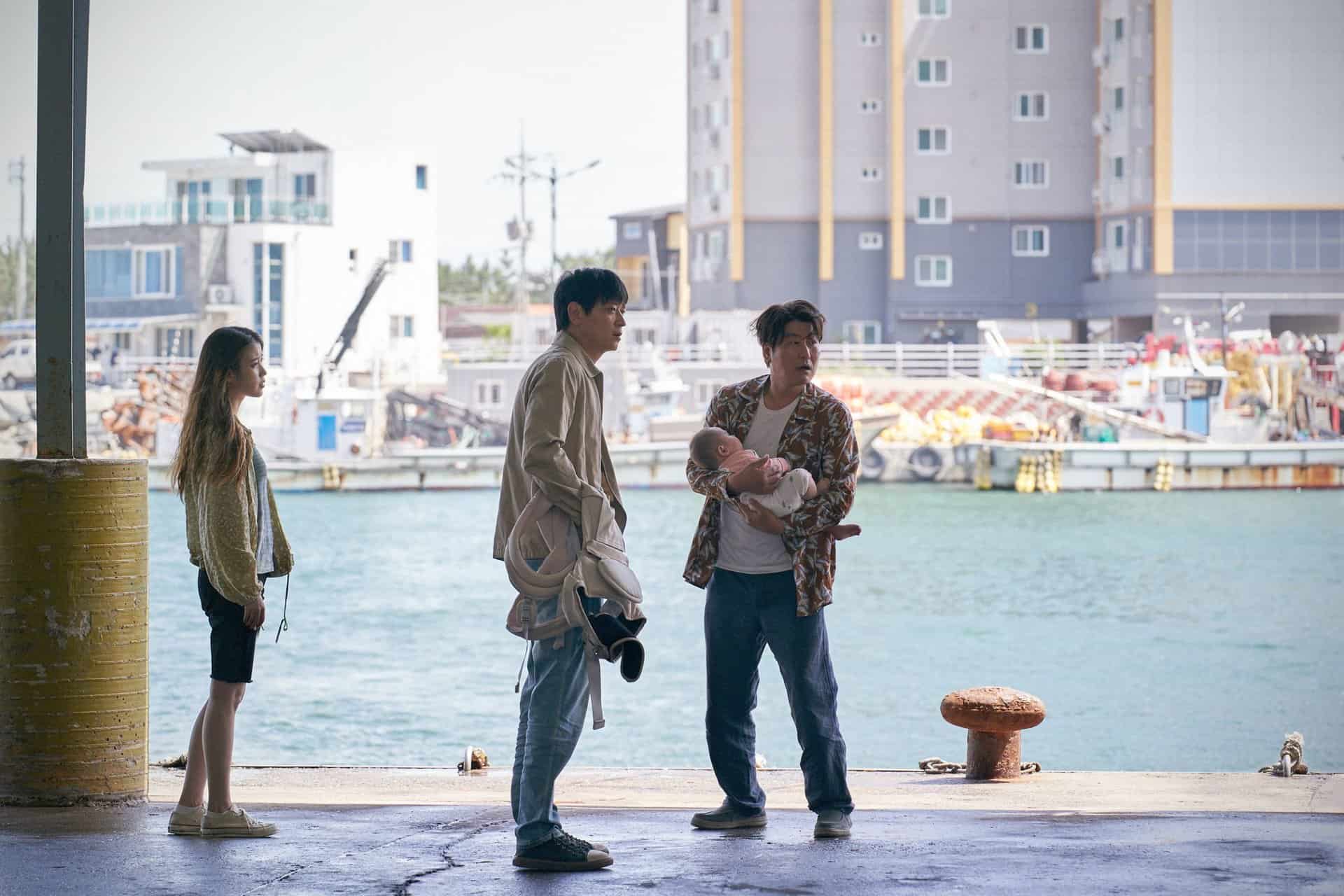
By setting up his story in South Korea, Koreeda is stepping into for him – geographically and culturally close, but not habitual territory. The country's partially catholic, and differently rooted in the patriarchal system. Guilt and regret are the main denominators of all the main protagonists, jar-opening the doors concerning questions surrounding pregnancy, motherhood and whatever comes after the physical birth of a child in case that a woman is not ready for motherhood. So-Young (Lee Ji-eun) is such a case, and we see her in the opening scene of the film (as much as the bucketing rain permits) depositing her infant boy Woo-sung in front of the baby box under the observant eyes of two policewomen – Su-jin (Doona Bae) and Lee (Lee Joo-young), whose task is to bring children trafficking to a halt. (Marina Richter)
Buy This Title
on Amazon by clicking on the image below
11. The Third Murder (2017)
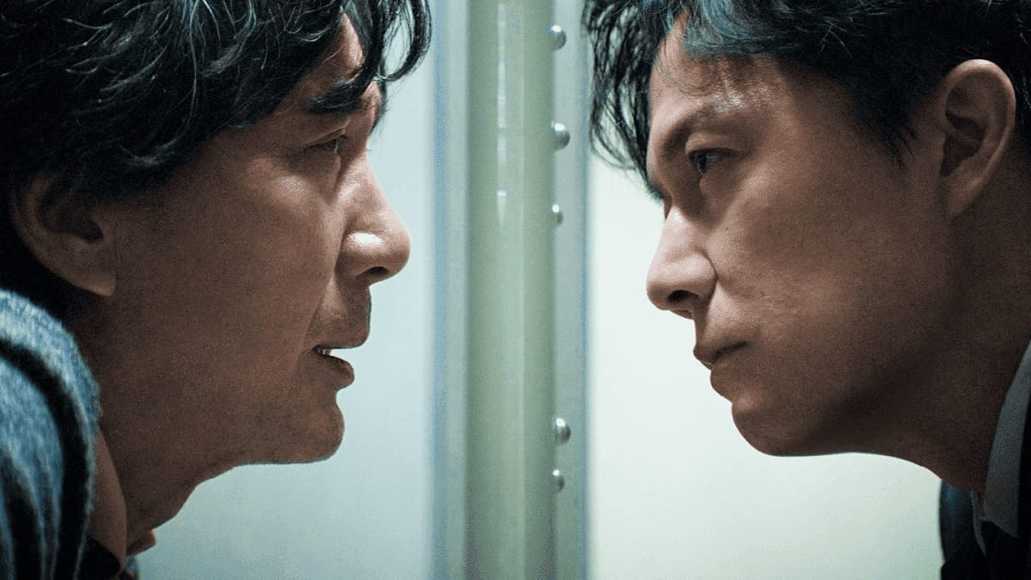
One of the most recognizable traits in Koreeda's filmography is his attention to detail, and the particular movie is not an exception, as the various sequences in the court and the way all members of the judiciary conduct themselves is utterly realistic. In order to present such accuracy, Koreeda brought together seven lawyers over several months to stage mock trials and mock interviews of a criminal while he was taking note of their language and thought process.
10. I Wish (2011)
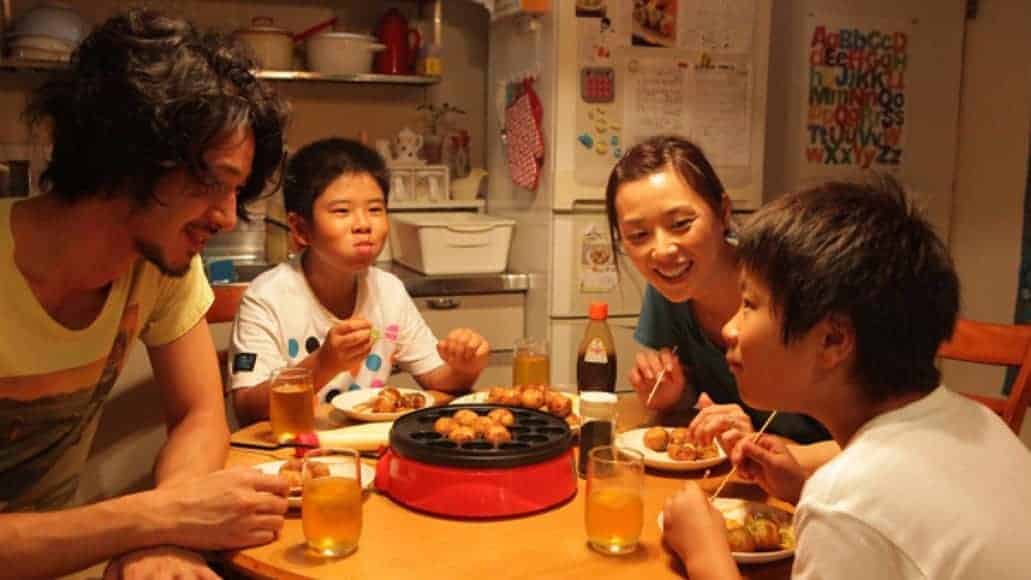
It is interesting to note that writer Koreeda had not finalised a script for this film before he cast the child actors, as he wanted to incorporate their ideas into the story. This becomes obvious as the conversations are so naturalistic and do not sound like an adult writing for children. Their dialogue is funny and vibrant, particularly the phone conversations of the two brothers. In one scene, where the children speak about their personal wishes, you can tell that this is unscripted and it helps give the scene emotional impact. The central plot is not particularly complex, as you can see from above it could be summarized quite succinctly, yet Koreeda manages to incorporate a number of side-characters and build a world that you just want to learn more about. (Matthew Cooper)
9. After the Storm (2016)
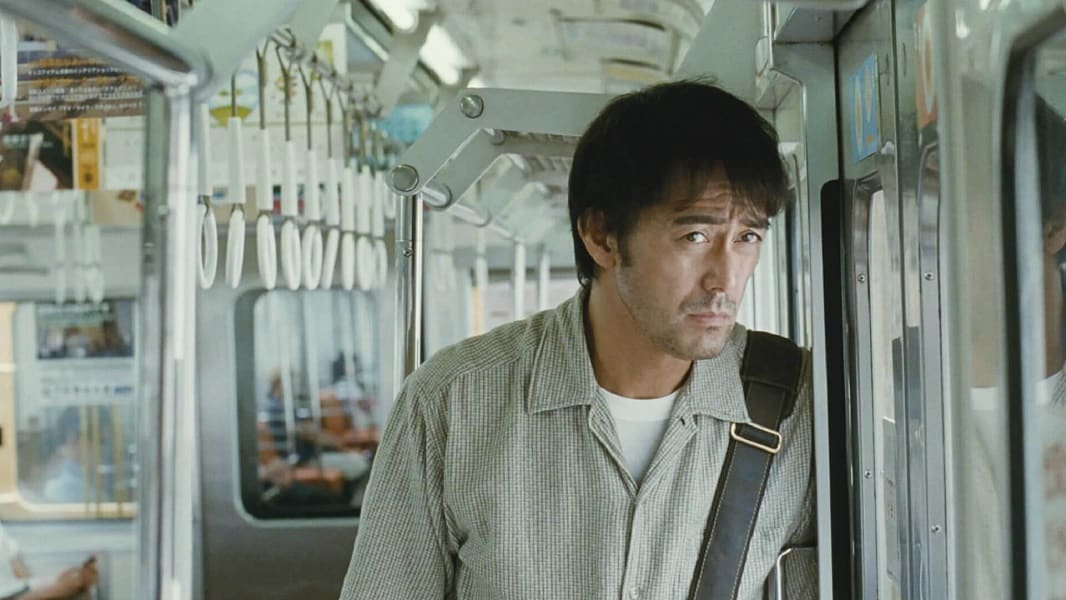
Koreeda presents a message regarding people's ties to their past, and how damaging they can be to those who cannot let go. In that fashion, Kyoko, who has realized that her relationship with Ryota is over, and Yoshiko, who has moved past her husband's death seem to be happy, as they move forward with their lives. Ryota on the other hand, who is still attached to his past as a novelist and to his marriage with Yoshiko, has his life in a standstill that damages both him and the people around him. This message is chiefly presented through two dialogues that occur during the end of the film, between Ryota and his wife at first, and then with his mother. Particularly during the second one, Yoshiko utters a phrase that encompasses the whole meaning of the film: “Men can't love the present. They just keep chasing whatever it is they've lost, or they keep dreaming beyond their reach.”
Buy This Title
on Amazon by clicking on the image below
8. Our Little Sister (2016)
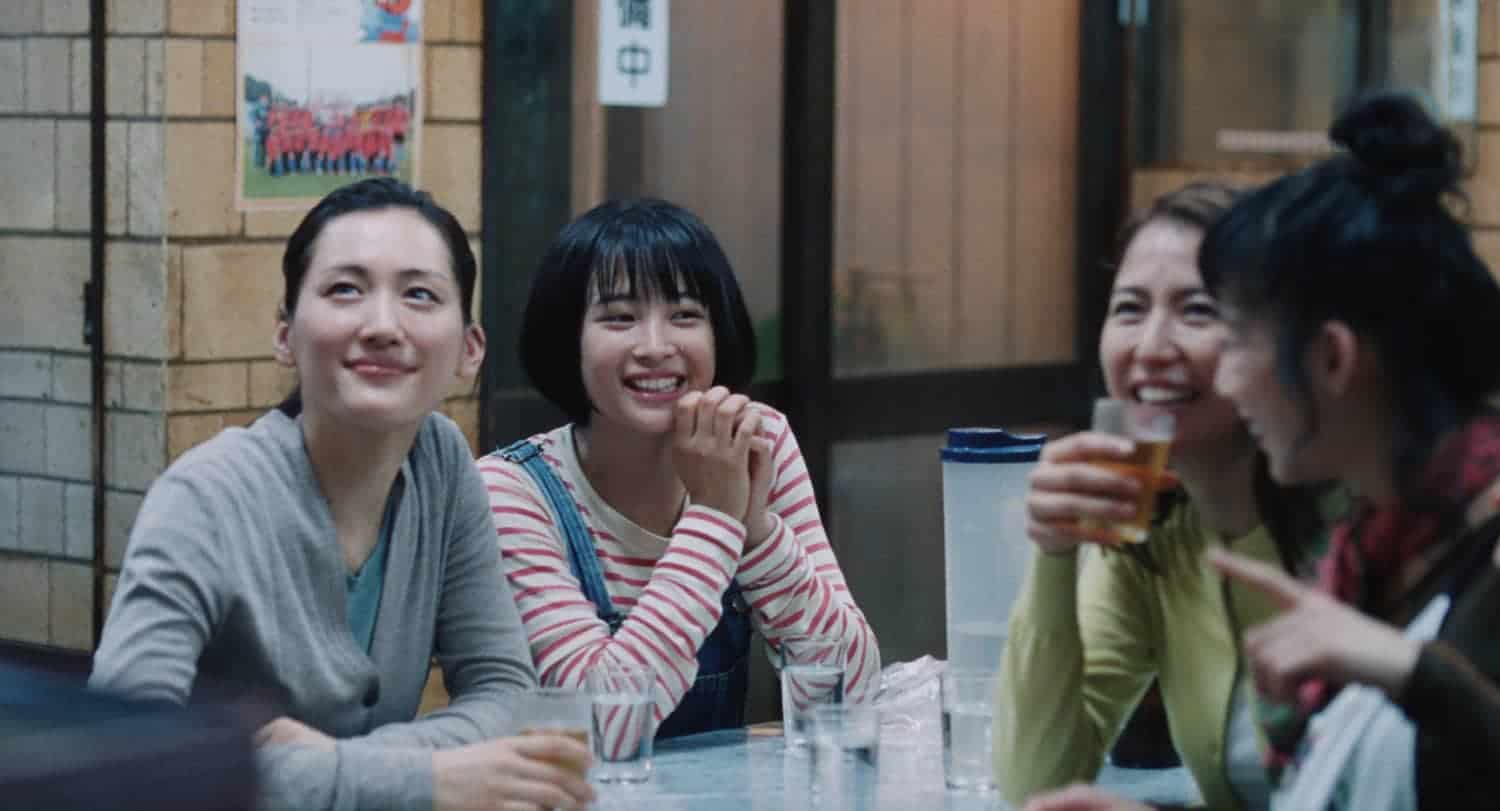
One of the film's biggest assets is the strong performance of its cast. All of the actors in the movie seem to have adapted perfectly to the restrained style of acting Koreeda always demands from his actors. Haruka Ayase as Sachi and Masami Nagasawa as Yoshino have the most demanding parts, since they also have to present a number of tensions, which stray a bit from the permeating calmness and subtlety of the film. However, they both deliver in wonderful fashion. Koreeda also included in the cast two of his favourite actors, Lily Franky, who plays a cafe owner, and Kirin Kiki, who actually steals the show at moments, as the bossy and nagging grandmother. Lastly, Shinichi Tsutsumi , one of the most accomplished supporting actors in the industry, plays the role of the doctor Sachi has a relationship with. Overall, the cast does a great job and is actually one of the biggest assets of the film. (Panos Kotzathanasis)
7. Monster by Hirokazu Koreeda

Heartbreaking yet also beautiful, “Monster” is a wonderful film. Hirokazu Koreeda elegantly weaves together an emotionally overwhelming and subtly executed narrative. A compelling mystery is established and, through terrific storytelling, gradually reveals its truths through the various perspectives of the characters and proceeds to further immerse with its thought-provoking themes and compassionate handling of its subject matter. Even after its revelations come to light, audiences will remain entranced by the feature's numerous layers of depth. (Sean Barry)
6. Like Father, Like Son (2013)

Koreeda, who also wrote the script, brings two subjects into focus. First, the class difference that still exists at large in the urban environment of the Japanese metropolis and the effect it has in the upbringing of children; and second, he presents a question about the component that makes a man feel like a father. In order to demonstrate these two topics, he uses the two male leads almost exclusively, while the women and the kids have distinct secondary roles.(Panos Kotzathanasis)



